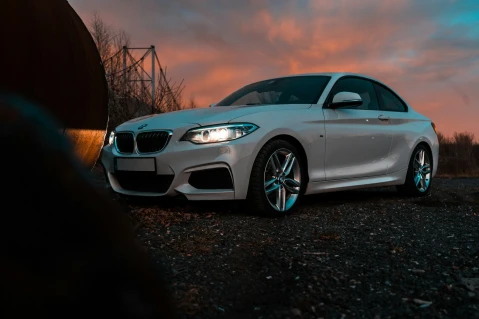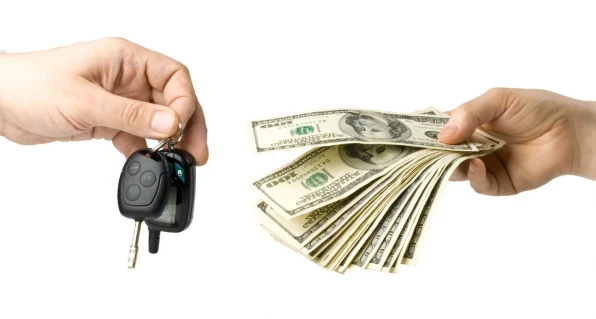When you’re ready to buy a car, it’s important to do your research and be prepared. This means having a budget in mind, knowing what type of car you want and what features are important to you, and understanding the process of buying a car.
To help make the process as smooth as possible, EpicVIN put together a checklist of everything you need to buy a car.
Checklist for Buying a Car:
— have a budget in mind
— do your research
— know what type of car you want
— understand the purchasing process
— get pre-approved for financing.
What documents do you need to purchase a vehicle?
In order to purchase a vehicle, you will need:
- a valid driver’s license. Before you take your new vehicle from the dealership, they must verify that you have a valid driver's license. Confirm that it is up-to-date and legitimate. You'll need proof of residency for both your auto loan and the test drive as well.
- proof of insurance. If you're buying a new car, you'll probably need proof of insurance. After all, most states mandate it. By contacting your insurance agent in advance, you can hasten the purchasing process and avoid delays at the dealership.
- the vehicle’s title (if buying from a private seller).
A new car or a used car?
When deciding if you should buy a new or a used car, there are several things to consider:
— the cost of the vehicle
— the value of the vehicle over time (depreciation).
Used cars may have more miles and wear and tear, but they will typically be cheaper than buying a brand-new model. New cars will have the latest technology and safety features, but they will depreciate faster than used cars. Ultimately, it’s up to you to decide which is the better option for your needs and budget.
The biggest mistakes you can make when purchasing a car:
Not doing your research: One of the common mistakes buyers can make is not taking the time to inspect both the vehicle they’re interested in as well as the dealership they plan on making their purchase. By researching both beforehand, you can be sure that you’re getting the best possible deal on your new car. You can also use the vin decoder to get detailed information about the vehicle you want to buy.
Skipping the test drive: Another big mistake is assuming that just because you like how the car looks, it’ll drive well too. Always take any potential new purchase out for a test drive before making your final decision.
Not knowing your credit score: Your credit score is one of the key factors that lenders will look at when considering financing for your new car. If you don’t know what yours is, now is definitely the time to find out.
Having unrealistic expectations: It’s important to remember that no matter how much research you do or how great of a deal you think you’re getting, there’s always going to be some element of risk involved in any major purchase. Be realistic about what exactly it is that you’re looking for and be prepared for anything that might pop up during negotiation or after signing on the dotted line.
Buying a car out of state.
If you find yourself falling in love with a car that just happens to be located outside of your home state, there are definitely some extra steps involved in finalizing the purchase. This can be tricky because you have to rely on the seller being honest about the condition of the vehicle. It’s also important to be aware of any potential fees or taxes that come with buying a car out of state.
Conclusion
If you’re looking to buy a car, there are a few things you’ll need to take into account. First, you’ll need to have a budget in mind. How much can you afford to spend on a car? Once you have your budget set, you’ll need to start looking for cars that fit within that price range. It’s also important to think about what kind of car you want. What size do you need? What kind of features are important to you? Once you have a good idea of what you’re looking for, start doing some research on different makes and models. Finally, take your time when making your decision. Don’t rush into anything and make sure you’re getting the best deal possible.







